Originally, this piece of land was a 184 foot (above sea level) hill that dominated the city. Documents first mentioned the hill when the Benedictine monks of the Saint-Melanie Abbey established gardens here, for the exclusive use of the Abbey. Following the Great Fire of 1720, Thabor became the seat for the Bishop of Rennes.
During the French Revolution, all ecclesiastical properties were confiscated and made part of the State. By 1793, the City of Rennes had acquired the property, with the intention of constructing a general hospice here. A 1795 decree was issued that stated all provincial capitals needed to establish a central school of some sort. As a result, the state chose the Bishop’s palace at Parc du Thabor for the school of Natural History and the former grounds of the Bishop became a Botanical Garden.
By 1811, the Bishop had initiated a legal battle to reclaim his old property. After three years of haggling , the courts decided to return to the Bishop that portion of the gardens attached to his house. Throughout the 19th century, the city acquired adjacent properties to Thabor and enlarged the gardens. Quarrels between the Bishop and the monks over a vast portion of the gardens resulted in the Bishop referring to it as “L’Enfer (“Hell” in French). Plans called for the construction of a reservoir on the newly acquired land so the city would have sufficient water reserves to fight a repeat of the Great Fire of 1720.
Today, Parc du Thabor includes a French Garden, an English Park, caves, band stand, aviary, a rose garden ( with over 2000 varieties), nine waterfalls, and ponds.
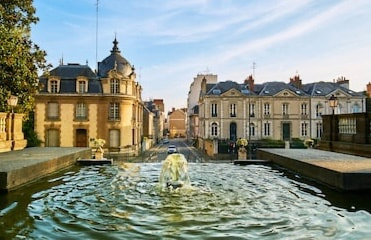
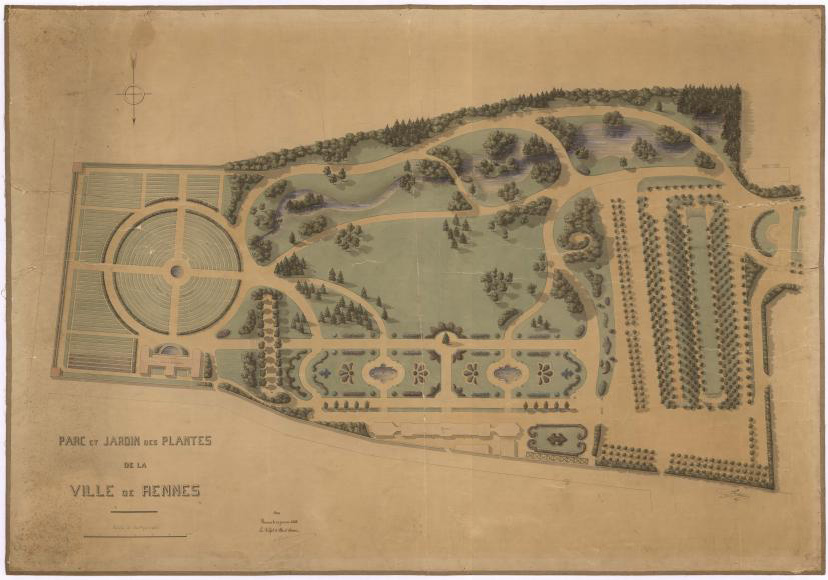
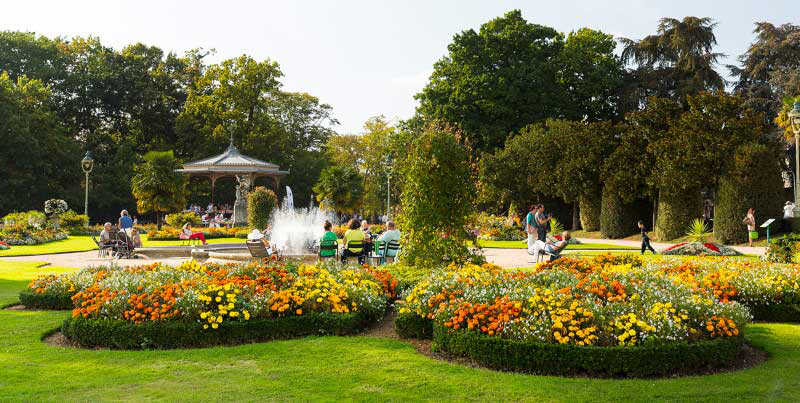
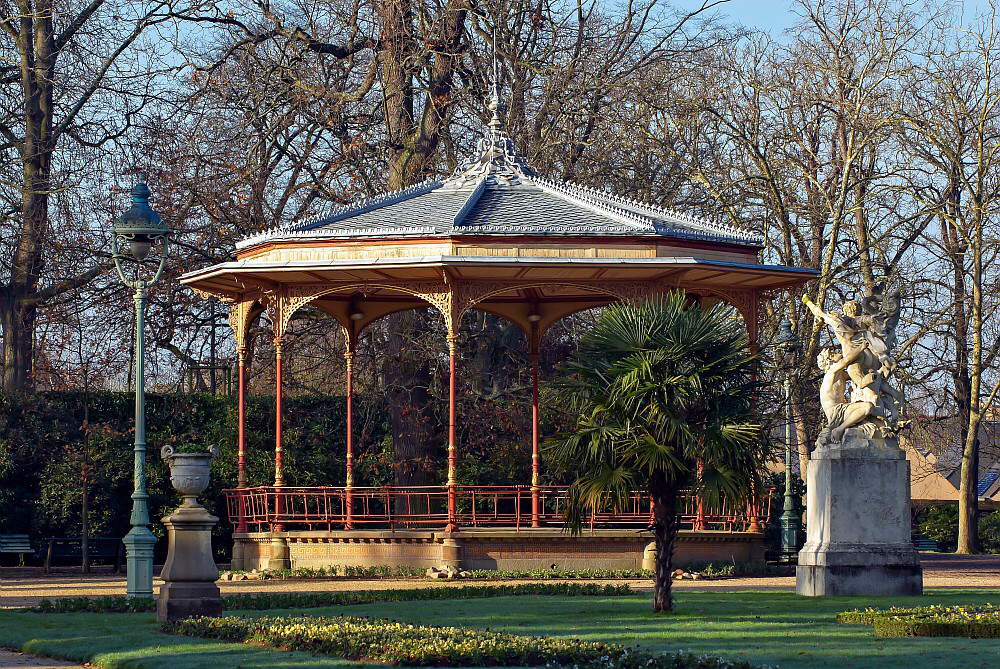
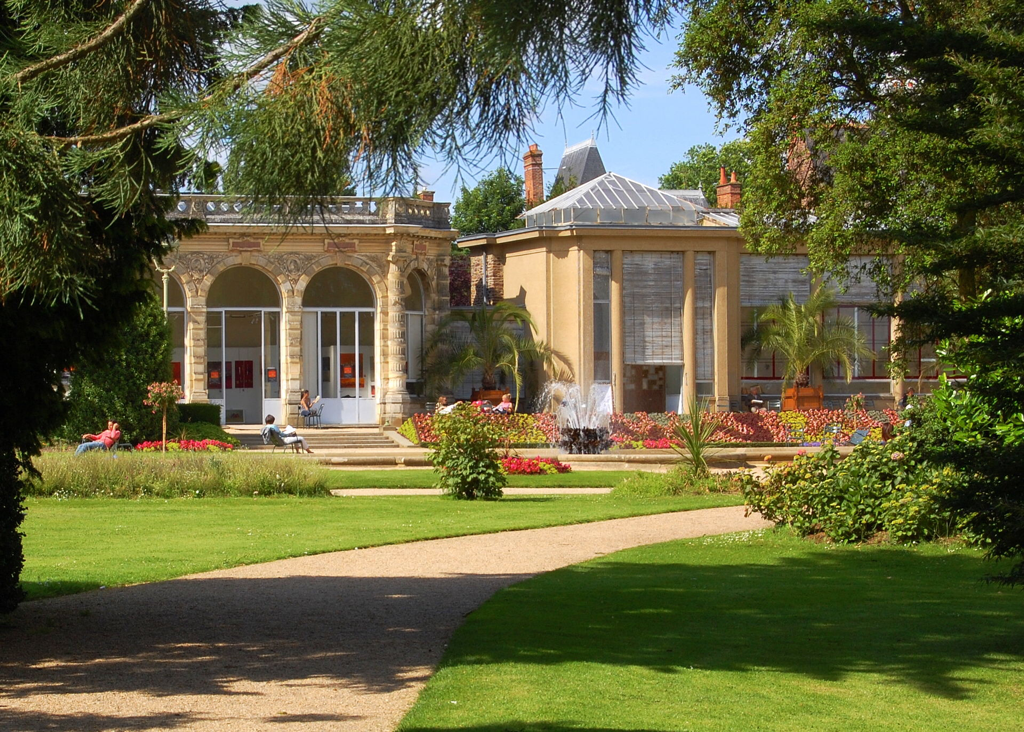
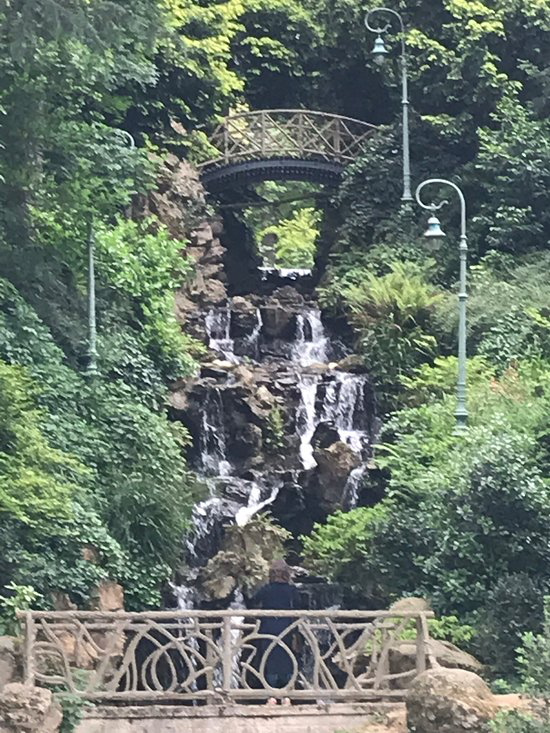
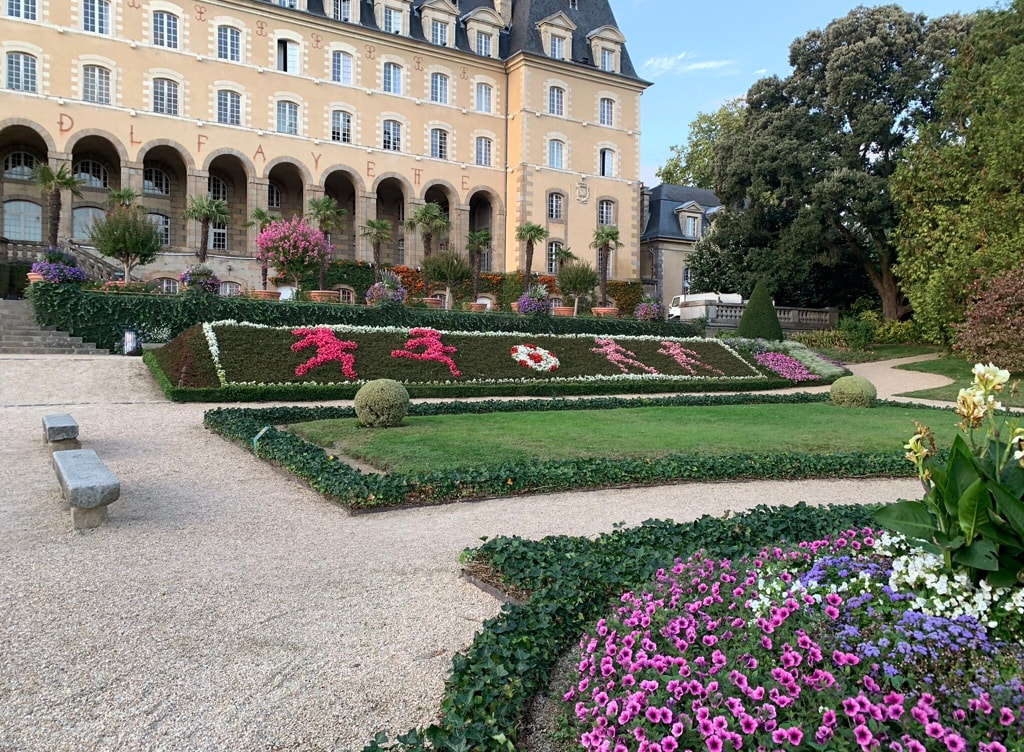
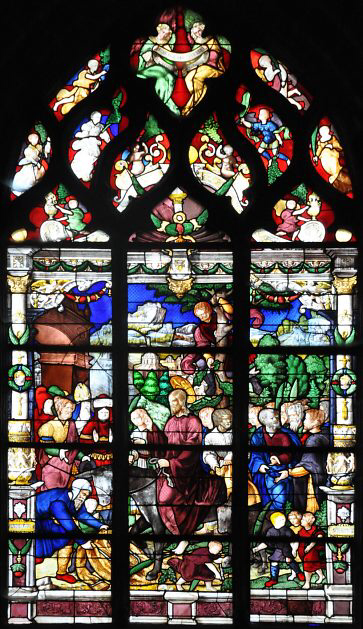

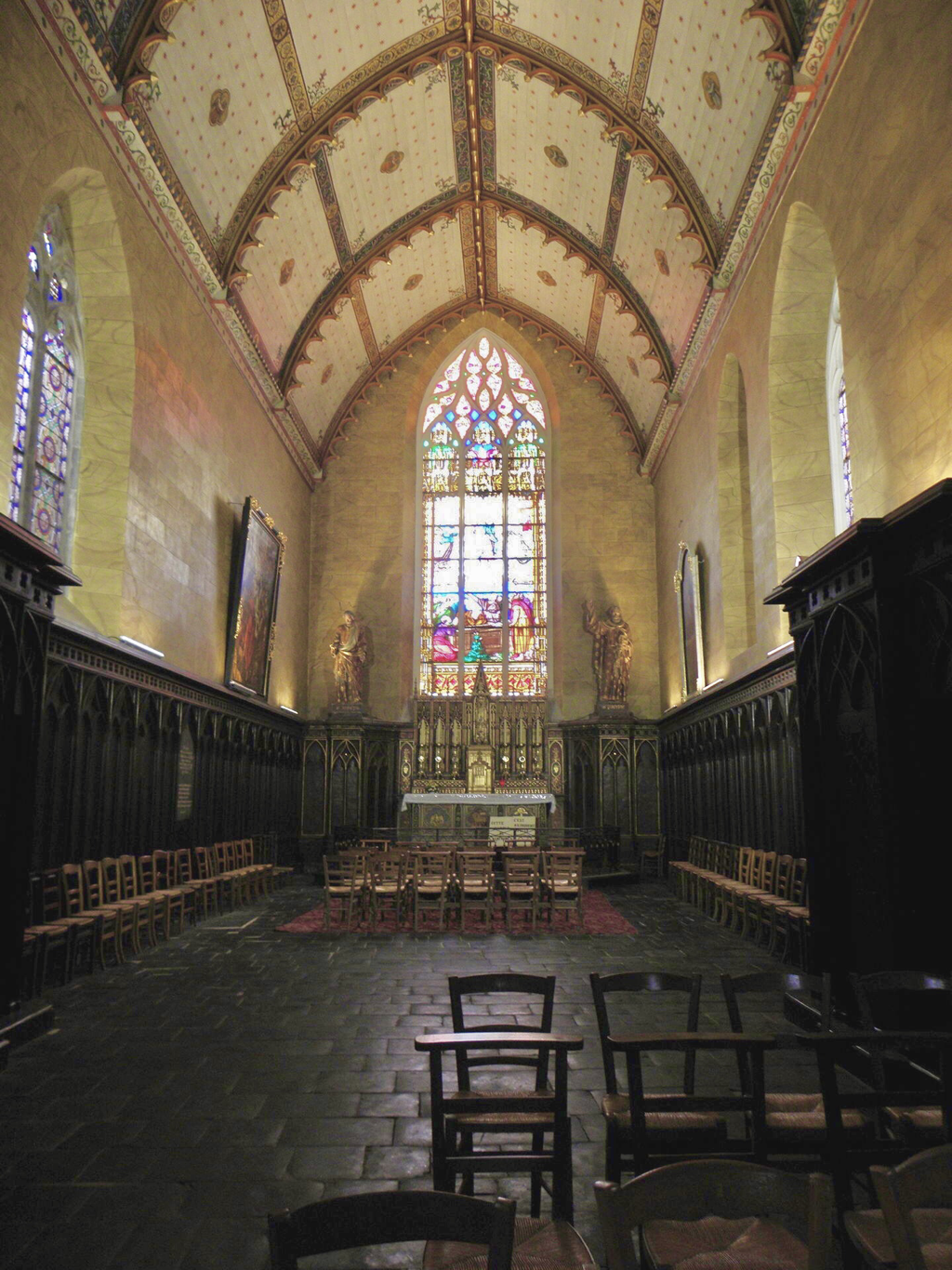
 RSS Feed
RSS Feed
